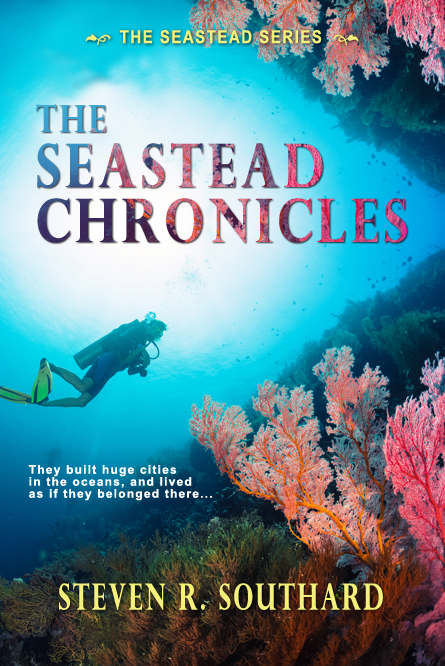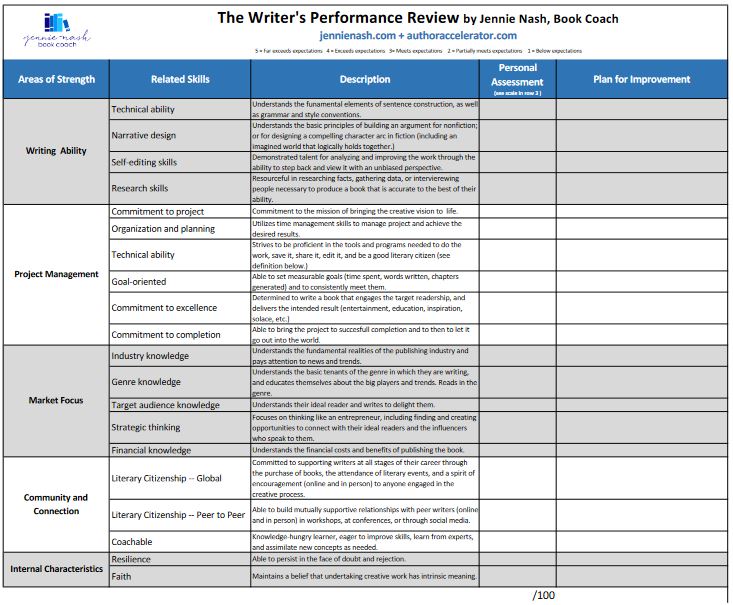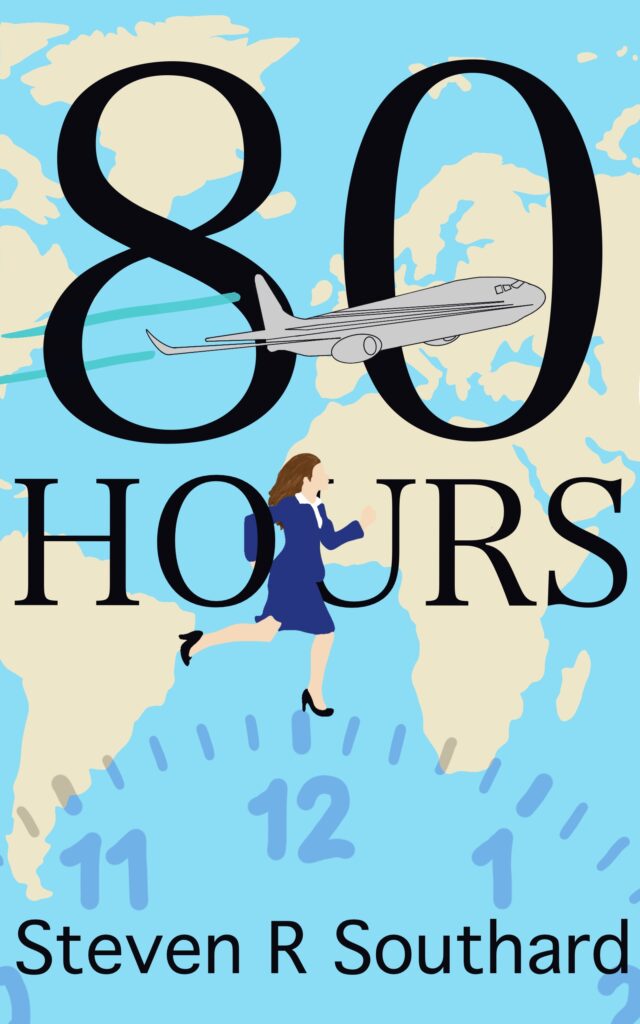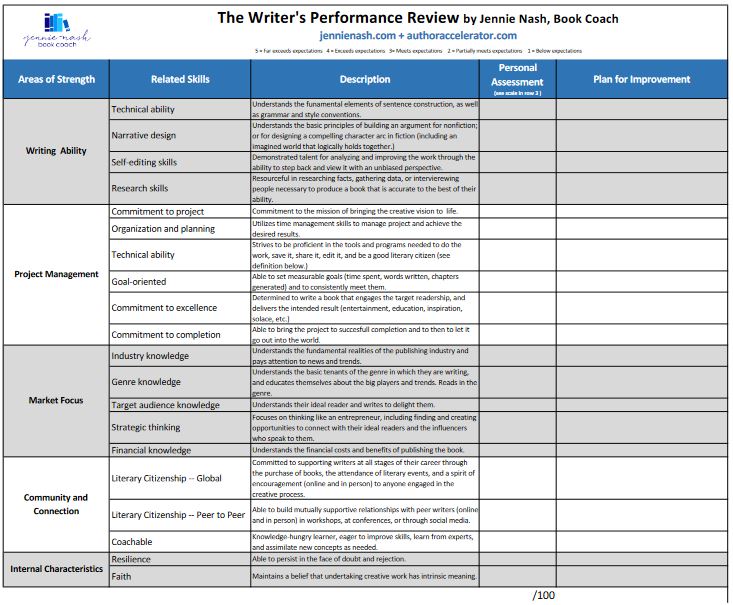My boss chews me out this time every year. He’s ornery, demanding, harsh, and knows me too well. He’s me.
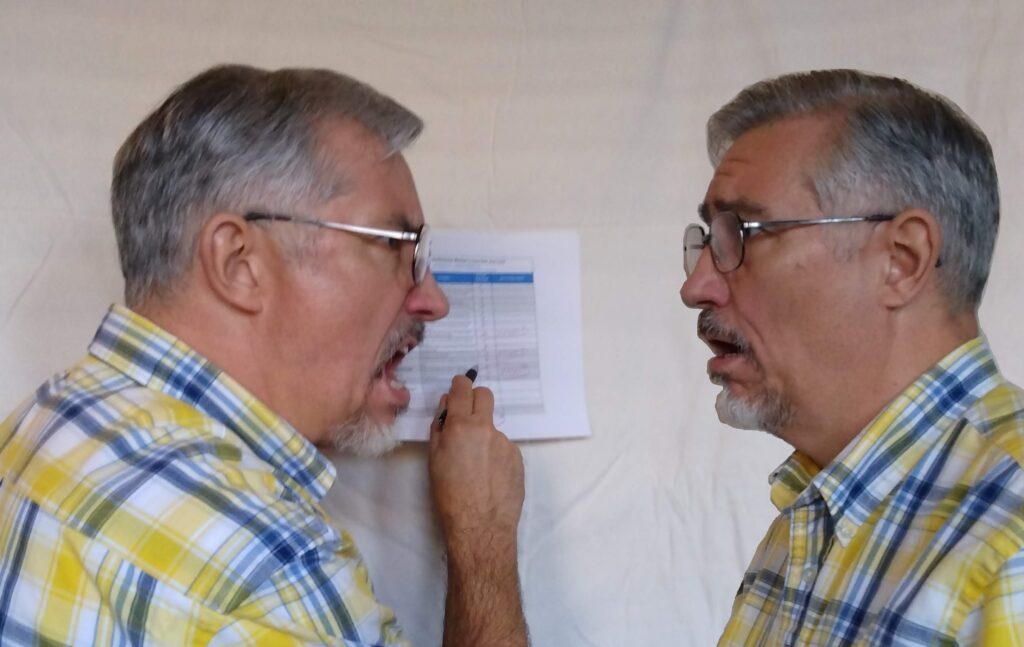
The Scorecard
Time to assess my writing for 2024. As in past years, I’m using The Writer’s Performance Review scorecard by book coach, Jennie Nash.
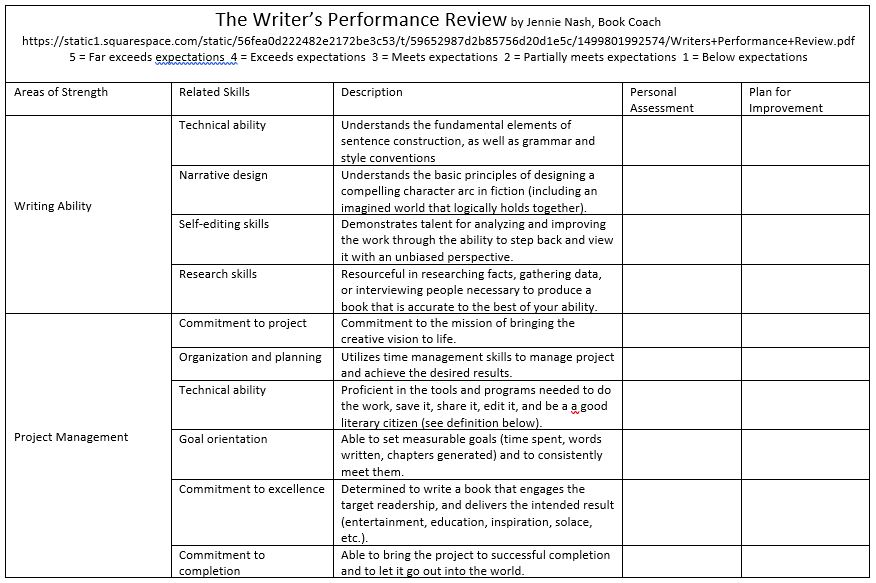
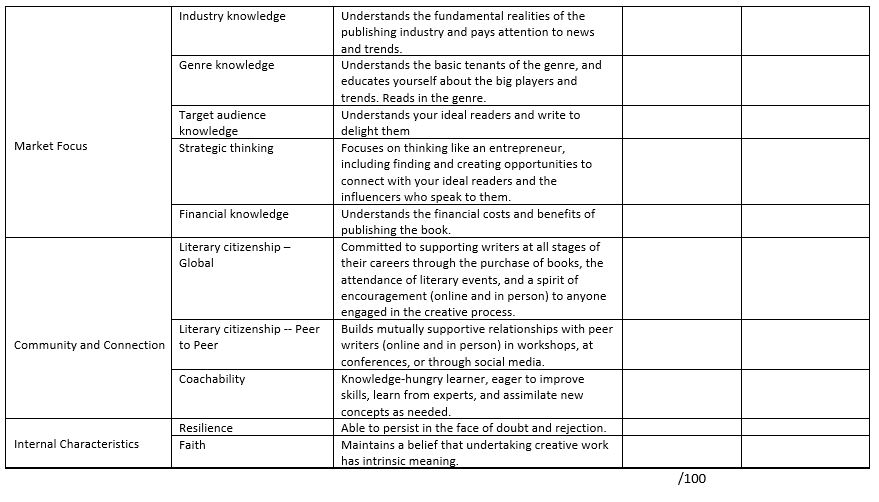
To use this scorecard, you rank each attribute from one to five. One = below expectations. Two = partially meets expectations. Three = meets expectations. Four = exceeds expectations. Five = far exceeds expectations.
You’re comparing actual performance during the year to expected performance. If you performed as expected, you’d give yourself a three. If you scored three in all twenty attributes, you’d get 60.
My 2024 Performance and 2025 Plan for Improvement
As my assessment turned out, I got a 62. Mostly 3s, but also one 5, six 4s, four 2s, and one 1.
That 1 rating applies to “goal orientation” and I’ll do more in 2025 to set and meet numeric goals, though I’m mindful of the dangers of becoming too data-driven.
I’ve also committed to some corrective actions in the areas rated as 2:
• Organization and Planning – I’ll use the Pomodoro method with more consistency to manage my time.
• Genre Knowledge – I’ll read more books in my genre, study the common attributes of those books, and learn about the most popular authors.
• Target Audience Knowledge – I’ll write a blogpost about who I think my ideal readers are and how that knowledge could improve my writing, then implement what I’ve learned.
• Strategic Thinking – I’ll seek influencers, if any, of my target audience, and find ways to connect with that audience.
Writing Accomplishments in 2024
As for writing accomplishments this year, I:
• made good progress on the third draft of novel number one;
• finished the first draft of novel number two;
• finished co-editing a critique group anthology, Ain’t Our First Rodeo, (with three of my stories) and got it published;
• completed two rounds of edits on my upcoming short story collection, The Seastead Chronicles, and am hoping for its publication early in 2025;
• wrote and published 48 blogposts (so far);
• got a short story accepted for another anthology to be published in 2025;
• wrote an article for a club magazine;
• made good progress on the first draft of a mostly factual travel book;
• finished compiling my late father’s collection of over 900 vignettes and got them printed in two volumes for private distribution; and
• wrote nine poems for personal enjoyment.
Most employers and employees keep annual performance assessments private. I display mine to the world as a service to other writers. May all of us who scribble words have a successful 2025. That’s the New Year’s wish of—
Poseidon’s Scribe

